Darwin's Spiritual Crisis
Convictions-with-an-"s" seems appropriate. According to the essay, Darwin began his career of investigation into naturalism — we call it biology — as "a believer — originally, he wanted to become a country vicar." His round-the-world voyage on the Beagle took him out of the British countryside for five years, during which time he collected evidence he would use to support his theory of evolution by natural selection ... when he finally got around to publishing it, 22 years after his return to Britain, in The Origin of Species in 1859.
By that time, Darwin was not so sure about God. He was not yet a committed atheist, but, writes Darnton, "As he aged, Darwin's atheistic convictions became stronger. ... Back when he wrote The Origin of Species (which appeared in 1859), he probably could 'be called a theist,' he noted later. But by the time he was in his 60s, receiving visitors at Down House as a famous thinker revered around the world, he readily described himself as a nonbeliever." Even so,
... Darwin himself, [Janet] Browne [a recent biographer] noted, sometimes "recoiled from seeing nature the way his [natural] selection theory demanded." Writing to his good friend, the botanist Joseph Hooker, he said: "What a book a Devil's chaplain might write on the clumsy, wasteful, blundering, low & horridly cruel works of Nature. My God, how I long for my stomach's sake to wash my hands of it."
Darwin had spent the latter part of his life "a chronic invalid with multiple maladies so confusing that most biographers believe they must have been psychological in origin." Is Darnton hinting, ever so gently, that they may have been spiritual, not psychological, woes? Darnton writes:
To read Ms. Browne's book is to get a sense of a man of steely intellect, brave enough to confront "a godless universe." For ultimately, if animals and plants are the result of impersonal, immutable forces, she observes, then "the natural world has no moral validity or purpose." We are, all of us - dogs and barnacles, pigeons and crabgrass - the same in the eyes of nature, equally remarkable and equally dispensable.
Darnton presents Darwin's journey as one in which an intellectual commitment to the idea of "the survival of the fittest," as the philosopher and biologist Herbert Spencer called Darwin's engine of evolution, natural selection, may have destroyed Darwin's spiritual and physical health. And so Darnton can say:Darwin was not afraid to look deeply into the void. His bold view can be seen as either noble and pessimistic or noble and admirable. For people of science, he is a hero. "Denying man a privileged place in creation," wrote Primo Levi, the Italian philosopher, "he reaffirms with his own intellectual courage the dignity of man."
But some theists today continue to call Darwin a villain, not a hero. Darnton's article on Darwin, then, puts one of the great debates of modern times in a nutshell. Is it so that "the natural world has no moral validity or purpose"? Or is there a God behind it all?






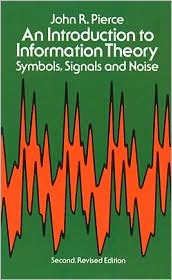

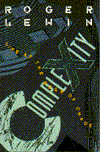
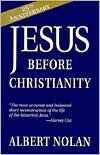
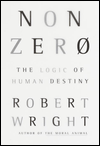

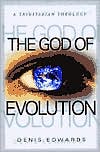

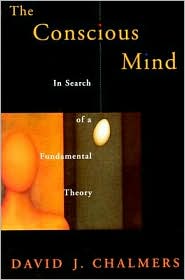
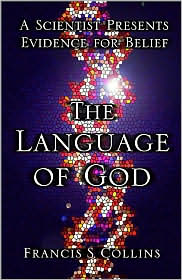


0 Comments:
Post a Comment
<< Home